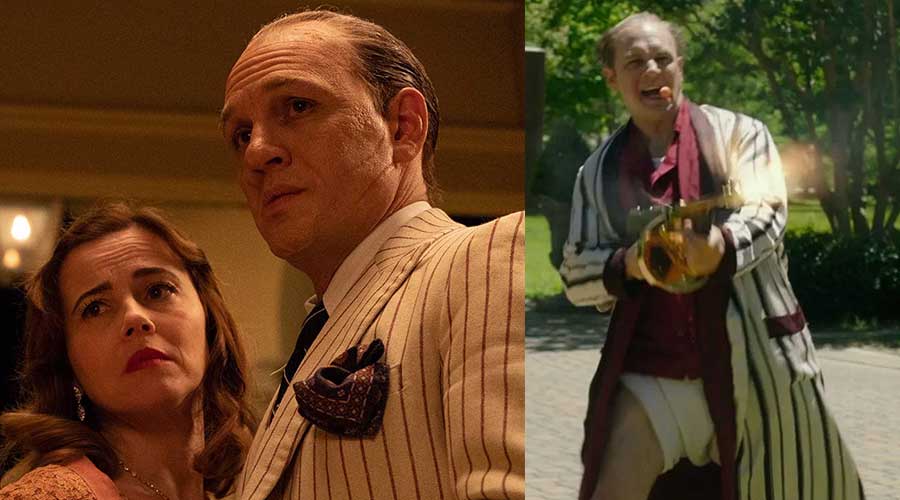What’s to watch on Netflix?
- 20 Apr - 26 Apr, 2024
Josh Trank is back years later with this gloomy, distinctively grandiose but very confident study of a gangster legend in terminal decline in the Florida sun, basking in his own cantankerous scorn like one of the gators in the lake he overlooks. Trank has written, directed and edited it.

Tom Hardy stars as Al Capone, referred to by his family as “Fonzo” (from his first name Alphonse). It is 1947, and he has just been released from prison after 10 years, due to ill health having suffered a stroke. He is allowed to live under house arrest, bugged from afar by FBI men, and surrounded by watchful, slightly resentful family members – although his wife Mae (Linda Cardellini) seems genuinely still to care for him. He is only in his late 40s, but seems at least 20 years older than that. The film spans one year, bounded by two Thanksgiving dinners, in the course of which Capone’s own physical and mental state declines, along with his finances. His estate is progressively denuded of its furniture, expensive artworks and statues, which happens in chilling parallel with Capone’s mental befuddlement.
Capone’s eyes are as red as a vampire’s, and his voice is a growling croak, rasping out insults in English and Italian. He soils himself, which means that he staggers around his estate in dressing gown and adult nappies, like a huge and malevolent baby. And as the long slide into dementia steepens, he is visited by ghosts from the past, including an old enemy called Johnny (Matt Dillon) and gets phone calls from real people his actual family don’t know anything about. An oleaginous doctor called Karlock (Kyle MacLachlan) makes house calls, but he is secretly working for the feds, who want to know what all his glowering family and consiglieri want to know: has Capone hidden a large amount of money and just forgotten where it is?
It’s an interesting film, which Trank tops off with a contrived finale of bizarre, spectacular (and contrived) violence, yet the woozy slipping-into-dementia-fantasy sequences, although striking, mean sometimes that the visual impact of what we are seeing is sometimes lessened, as we wait to see if it is really happening or not. It’s a little unfinished and anticlimactic, but atmospheric.
COMMENTS